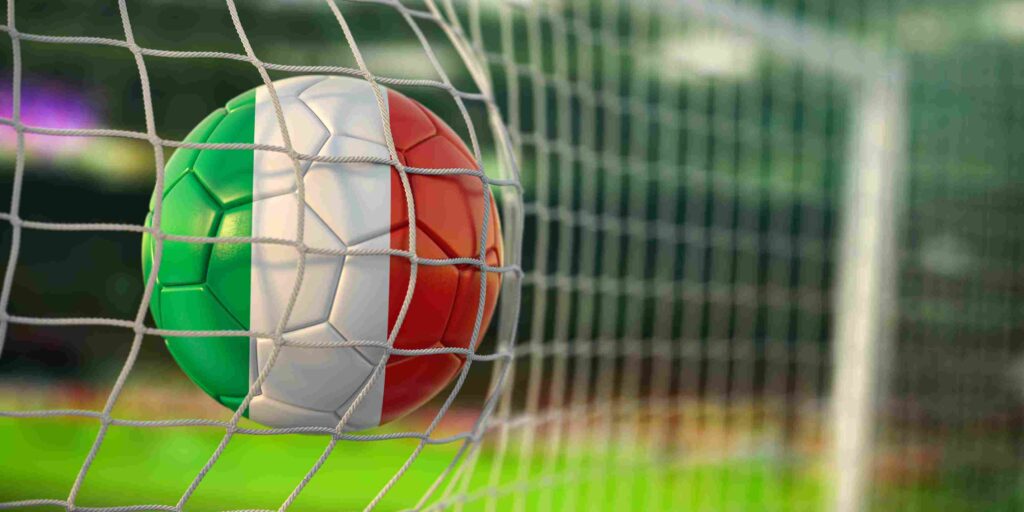In Italy, soccer is more than just a sport—it's a cultural phenomenon and a deep source of pride. Whether it's a small-town club, a giant like Juventus or AC Milan, or the national team affectionately known as “Gli Azzurri,” the passion for “calcio” brings together people of all ages. Stadiums echo with thunderous cheers, streets are painted with the colors of local teams, and fans gather in front of giant screens or TVs to share the excitement. This fervor is not just a pastime, it's a way of life, weaving itself into the very fabric of Italian society.
To help you connect with this contagious enthusiasm, here are ten essential Italian soccer terms every fan should know!
Il calcio – Soccer
“Calcio” is the word Italians use to refer to this beloved sport! Interestingly, “calcio” also means “kick,” which makes sense when you think about it—after all, you can’t play soccer without kicking, right?
Il pallone – Soccer ball
Italian has two words for a ball: “la palla” and “il pallone.” While “la palla” is a general term for any kind of ball, “il pallone” refers specifically to the more serious type used in sports. Since soccer dominates in Italy, many people casually use “giocare a pallone” (to play with the ball) to mean playing soccer.

La porta – Goal
Italians call the goal “la porta“—the same word they use for any door, whether it's to a room or a building!

Il goal – Goal
Although the goal itself is called “la porta“, Italians use the word “goal” to describe the act of scoring. When their team finds the back of the net, you can expect a deafening roar of “GOAL!” from the crowd.

Il portiere – Goalkeeper
“Portiere” comes from “porta” since the goalkeeper’s job is to guard the door—literally!

L'attaccante – Forward
This term comes from the verb “attaccare” (to attack). The forward's role is all about pushing forward and taking shots at the goal.
Il difensore – Defender
Derived from “difendere” (to defend), the defender’s task is to protect the goal from the opposing team.
Il tifoso – Fan
While “fan” in English can refer to any kind of enthusiast, “tifoso” is reserved exclusively for sports fans, especially in soccer!
L'allenatore – Coach
This word comes from “allenare” (to train). Fun fact: Italians also call soccer coaches “mister,” a tradition that began with British coach William Garbutt, who was so respected in Italy that his nickname became a permanent part of the language.
La squadra – Team
Every Italian has their favorite “squadra“! Supporting a team in Italy is often a family tradition, passed down through generations. It's not uncommon for fans to be fiercely loyal, with entire communities rallying around their squad. The bond between Italians and their team is more than just support—it’s a sense of belonging, pride, and shared identity.
Soccer in Italy is about much more than the game itself—it's a tradition that captures the heart and soul of its people. Whether you're a lifelong supporter or new to “calcio,” understanding these key terms will help you feel more connected to the passionate world of Italian soccer. So, grab a scarf, pick a team, and join the excitement!



